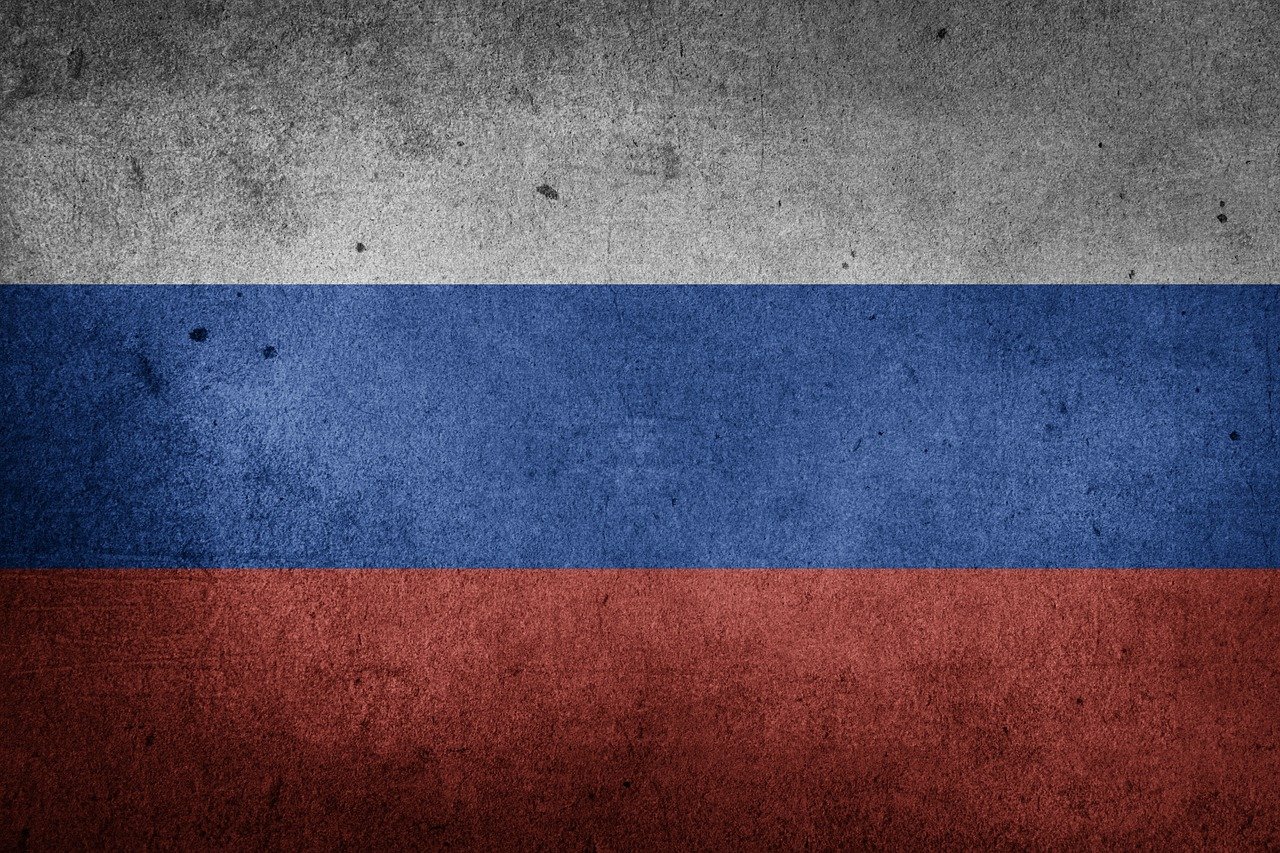Russia Considers Using Stablecoins for Transactions
04.07.2024 14:30 2 min. read Alexander Stefanov
Russia is considering legalising stablecoins for international transactions to streamline cross-border payments for its companies.
The Russian central bank is discussing proposals to allow stablecoins pegged to gold or the U.S. dollar, which could make this regulation permanent rather than a temporary experiment.
Business representatives find the initiative promising, especially for transactions with BRICS countries, and economists believe it will ease international transactions for Russian companies that are under sanctions.
Alexei Guznov, deputy chairman of the Central Bank, said proposals have been formulated to regulate the entire chain of stablecoin transactions, from the transfer of assets into Russia to their accumulation and use for international payments. He stressed that these tokens are issued in foreign systems and may resemble digital financial assets (DFA) or cryptocurrencies, which requires stricter regulation. Guznov expressed optimism that the understanding of this framework will soon be reflected in legislative texts.
The Ministry of Finance confirmed that they are working on allowing stablecoins for international payments. Unlike stablecoins, DFAs have specific issuers and function as securities. Russian DFAs currently operate in a closed blockchain system and do not circulate on the external market, explained Oleg Ogienko, director of government relations at BitRiver.
Implications and benefits
Stable coins and DFA can facilitate cross-border payments, which is a promising tool according to Alexander Murichev, executive vice president of the Russian Union of Industrialists and Entrepreneurs (RSPP). He believes that these secured assets will increase liquidity in the market and support the formation of long-term financial resources.
-
1
Gold Beats U.S. Stock Market Over 25 Years, Even With Dividends Included
13.07.2025 15:00 1 min. read -
2
US Inflation Heats Up in June, Fueling Uncertainty Around Fed Cuts
15.07.2025 16:15 2 min. read -
3
U.S. Announces Sweeping New Tariffs on 30+ Countries
12.07.2025 16:30 2 min. read -
4
Robert Kiyosaki Predicts When The Price of Silver Will Explode
28.06.2025 16:30 2 min. read -
5
Key U.S. Economic Events to Watch Next Week
06.07.2025 19:00 2 min. read
US Inflation Heats Up in June, Fueling Uncertainty Around Fed Cuts
U.S. inflation accelerated in June, dealing a potential setback to expectations of imminent Federal Reserve rate cuts.
Gold Beats U.S. Stock Market Over 25 Years, Even With Dividends Included
In a surprising long-term performance shift, gold has officially outpaced the U.S. stock market over the past 25 years—dividends included.
U.S. Announces Sweeping New Tariffs on 30+ Countries
The United States has rolled out a broad set of new import tariffs this week, targeting over 30 countries and economic blocs in a sharp escalation of its trade protection measures, according to list from WatcherGuru.
Key U.S. Economic Events to Watch Next Week
After a week of record-setting gains in U.S. markets, investors are shifting focus to a quieter yet crucial stretch of macroeconomic developments.
-
1
Gold Beats U.S. Stock Market Over 25 Years, Even With Dividends Included
13.07.2025 15:00 1 min. read -
2
US Inflation Heats Up in June, Fueling Uncertainty Around Fed Cuts
15.07.2025 16:15 2 min. read -
3
U.S. Announces Sweeping New Tariffs on 30+ Countries
12.07.2025 16:30 2 min. read -
4
Robert Kiyosaki Predicts When The Price of Silver Will Explode
28.06.2025 16:30 2 min. read -
5
Key U.S. Economic Events to Watch Next Week
06.07.2025 19:00 2 min. read

